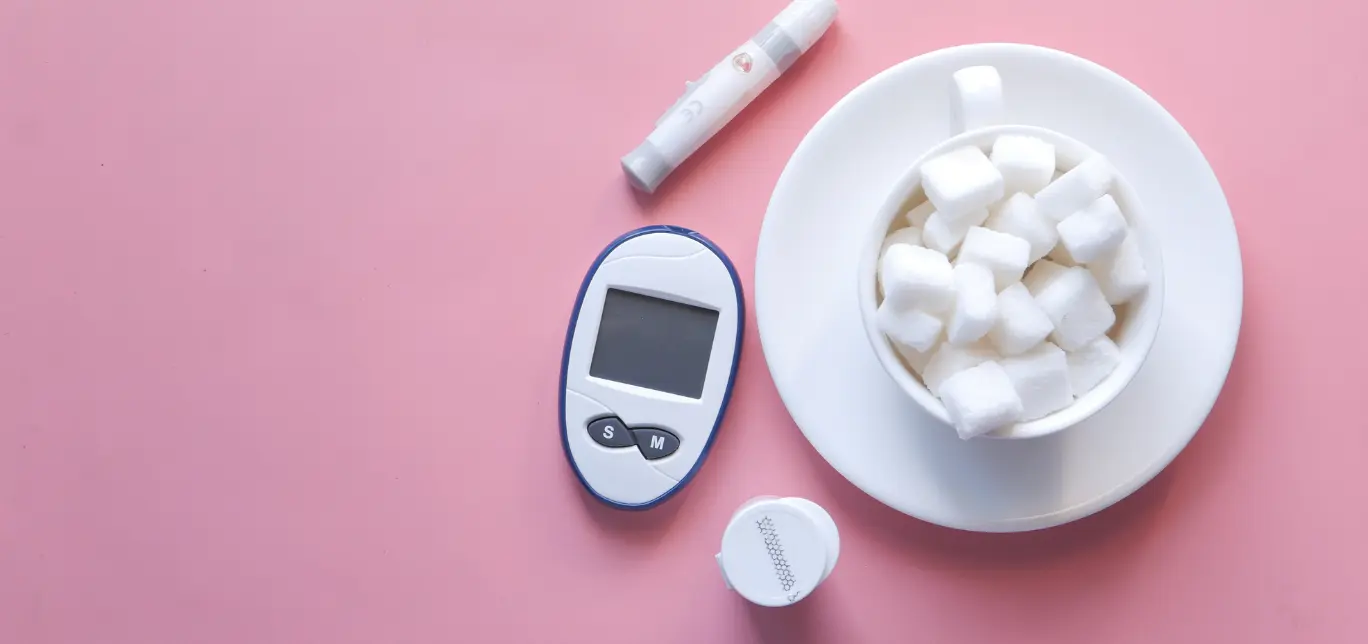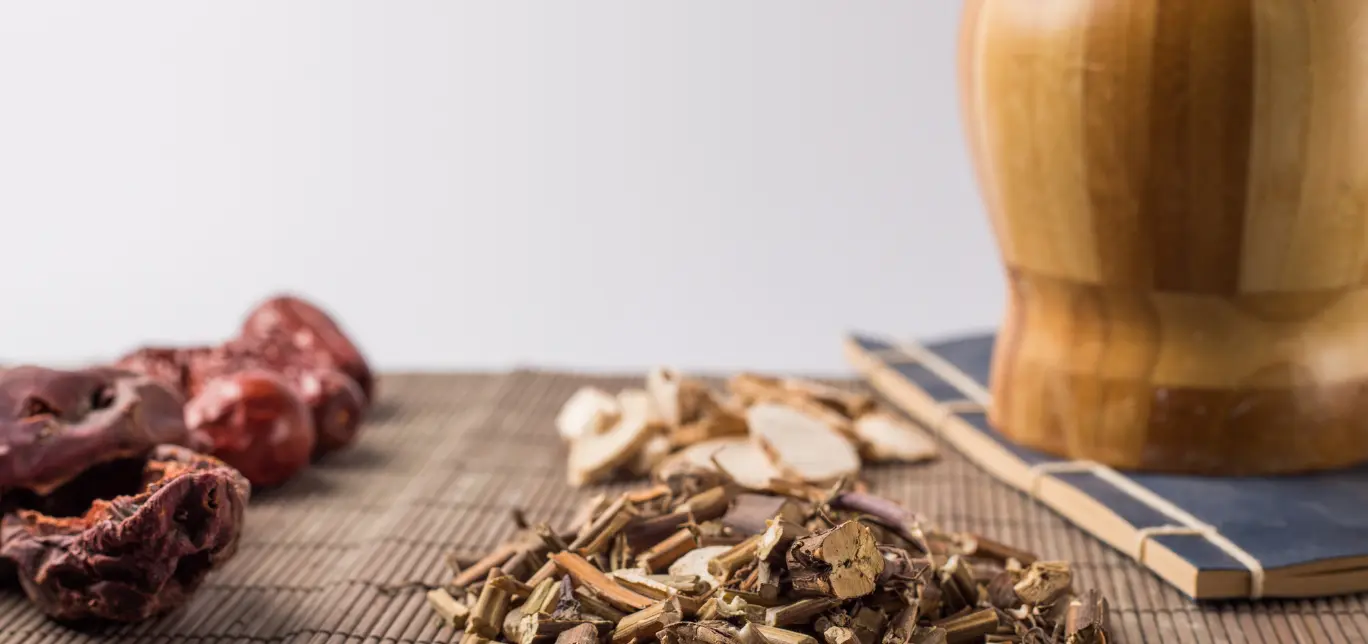Most people out there out of ignorance (or better said, without proper knowledge) diagnoses themselves as a patient who is suffering from ulcer without prior examination by a medical practitioner. Many go around with assumption and a little knowledge of what they heard to getting themselves treated for what seemed to be a different problem. Some go as far as preparing herbal concoction when they’re not sure of what the problem is.
If you’re to ask people about their knowledge of Ulcer, 90% will say, “Someone becomes an ulcer patient if they deprive themselves of meals at its appropriate time.” Some will even go as far as saying a meal with too much pepper can induce it.

Is ulcer really caused by spicy meal?
Well, let’s start things off by explaining what Ulcer is. According to the Merriam Webster Dictionary, “ Ulcer is a break in skin or mucous membrane with loss of surface tissue, disintegration and necrosis (death) of epithelial tissue, and often pus“
What type of ulcer is caused by spicy meal? Do you know there are several types of ulcer?
Let’s start off by making a list.
The most common type of ulcer which is the Peptic ulcers; this can be classified as gastric or duodenal ulcers. Gastric, relating to the stomach, and the Duodenum which is the first part of the Small intestine extending from the pylorus to the jejunum. During the process of digestion, the food consumed are temporarily stored in the stomach and then absorbed by the Small intestine (this is subdivided into the Duodenum, Ileum and Jejunum), and then the large intestine etc.
Since these parts are involved in every digestion process, they are easily influenced by a bacteria called Helicobacter pylori or by the long-term use of nonsteroidal anti- inflammatory drugs (NSAIDs) like aspirin or ibuprofen which are the causes of the peptic ulcer. So, this is to say the most common cause of peptic ulcer is H. pylori but unhealthy use of drugs such as nonsteroidal anti-inflammatory drugs (NSAIDs) are other causes of peptic ulcers; so do not use drugs without being administered by a medical practitioner.
What is the effect of spicy meal in this case?
Spicy meal triggers the effect of existing ulcers, it does not actually cause them. In fact, many studies have shown that eating spicy food may actually help to prevent H. pylori infection and reduce the risk of developing ulcers. Common symptoms of gastric or duodenal ulcers include abdominal pain, heartburn, nausea, vomiting, and loss of appetite etc.
There is a strong connection between Helicobacter pylori and peptic ulcers. H. pylori is a type of bacteria that can infect the stomach lining and weaken its protective layer.
Research has shown that H. pylori can cause gastritis, which is inflammation of the stomach lining, and this can lead to the development of ulcers. It's estimated that around 60% of the world's population is infected with H. pylori, but only a small percentage of people will actually develop ulcers.
How can the growth of the bacteria (H. pylori) be inhibited? To stop the growth of Helicobacter pylori or eradicate its existence, a combination of antibiotics and acid- suppressing medications are often prescribed by medical practitioners.
Another type of ulcer is the Mouth Ulcer. Mouth ulcers, also known as can be caused by various factors such as injury from biting your cheek, hitting the gums hard when brushing, stress, or certain health conditions. The severity of this kind of ulcer can be influenced by the consumption of spicy meal. mouth ulcers typically cause a burning or tingling sensation in the mouth.
Another type of ulcer is the Venous ulcers.
Venous, relating to, or full of veins. Veins is a component of blood vessel that carry blood from the capillaries toward the heart. Therefore, Venous ulcer is typically caused by poor circulation in the legs. Numbness can be felt in the legs if they are not moved from a static position. A typical example of this is a lady sitting with a leg crossed over the other for minutes with no movement, the flow of blood would be stuck at an angle, and this may lead to vitalization of venous ulcer.
As blood is pumped out from the heart, another flow is expected to be circulated back to the heart, thus the period with which the heart stops ti beat signifies the end of someone’s life. What brought us here is the poor flow of blood to the legs.
There are also less common types of ulcers, one of these is Esophageal ulcers. The Esophageal which occur in the esophagus can occur due to the consumption of acidic reflux, infections, or unhealthy drugs. The Esophagus (Oesophagus) is responsible for the passage of food or water consumed to the gastrointestinal tracts. It has always been said that “we should avoid speaking while eating, this is because as we breathe in, there will be passage of oxygen through the bronchus which will further lead to the lungs and at the same time, what is being consumed will want to pass through the Esophagus so it can be stored temporarily in the stomach. However, no particle of food is expected to surround the pipe of each bronchus, for if it happens, it may lead to a condition known as Aspiration Pneumonia, which will lead to difficulty in coughing, chest pain etc.
Therefore, eating spicy meal, consuming alcoholic drinks among all can influence the effect of Esophageal ulcers which often cause pain when swallowing.
Another uncommon type is the stress ulcers, which can develop in people who are critically ill or under extreme stress. Stress ulcers can cause abdominal pain, vomiting, and gastrointestinal bleeding.
Whether spicy meal triggers the effect of Ulcers or not, it is expected of us to do things that will be beneficial to our wellbeing and walk us through the path of dis- ease. Only a healthy being can live a life free of worries or sorrow. Kindly note, If you're experiencing any of these symptoms, it's important to see a doctor right away so that they can diagnose and treat the underlying cause.
Tags: ulcer, spicy meal







